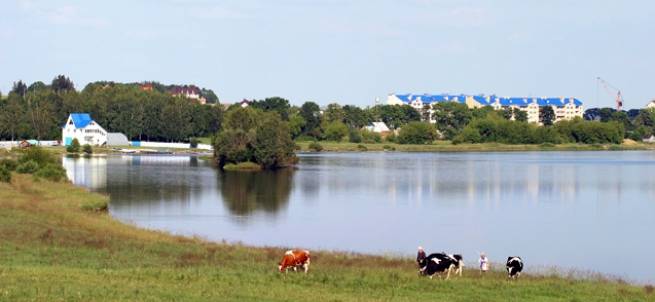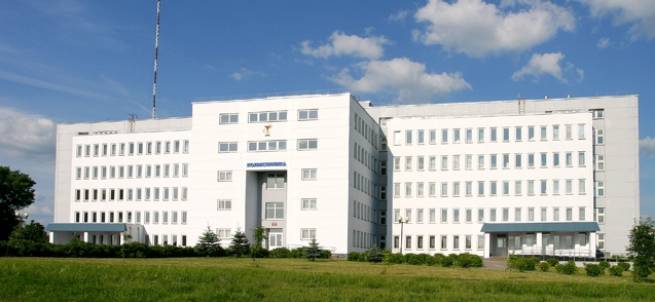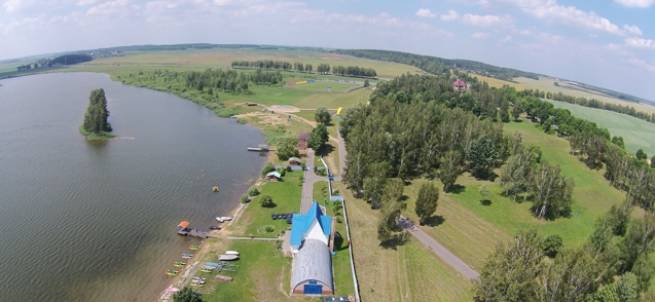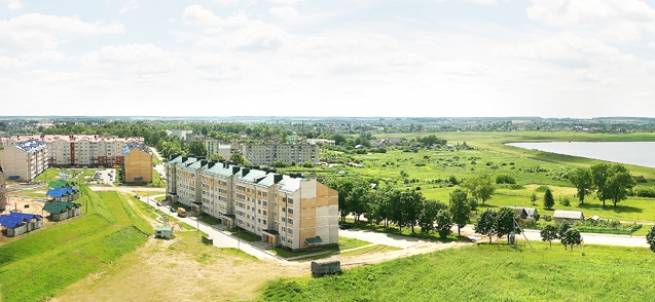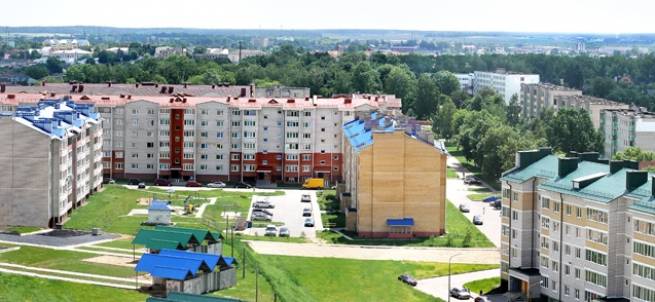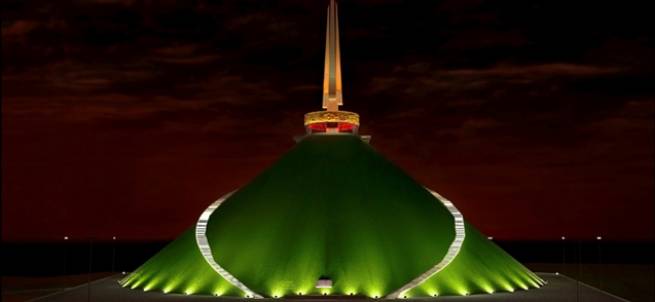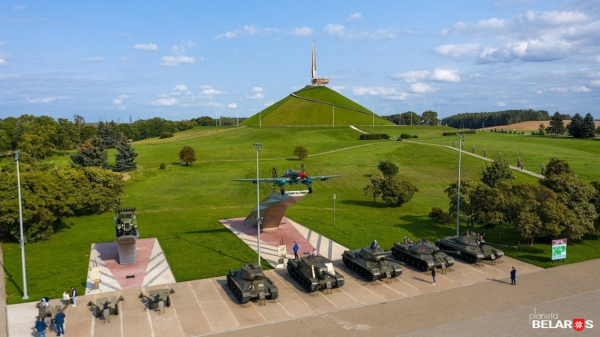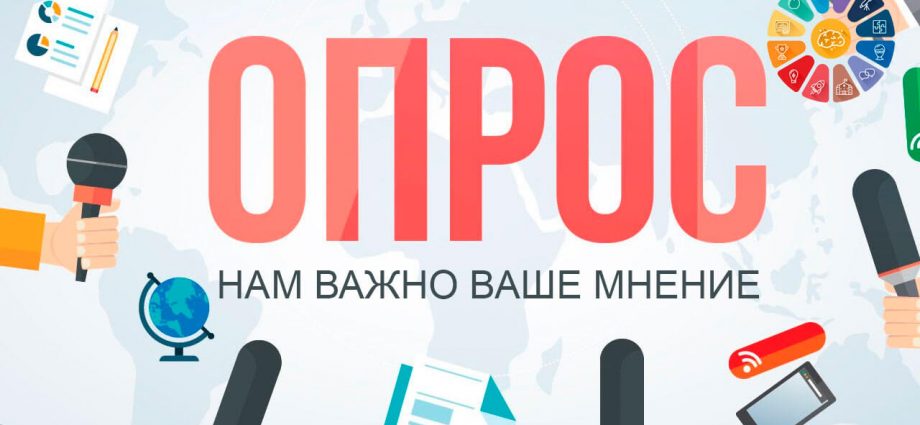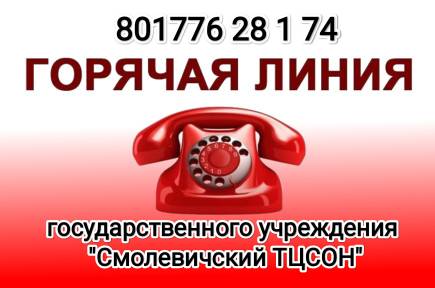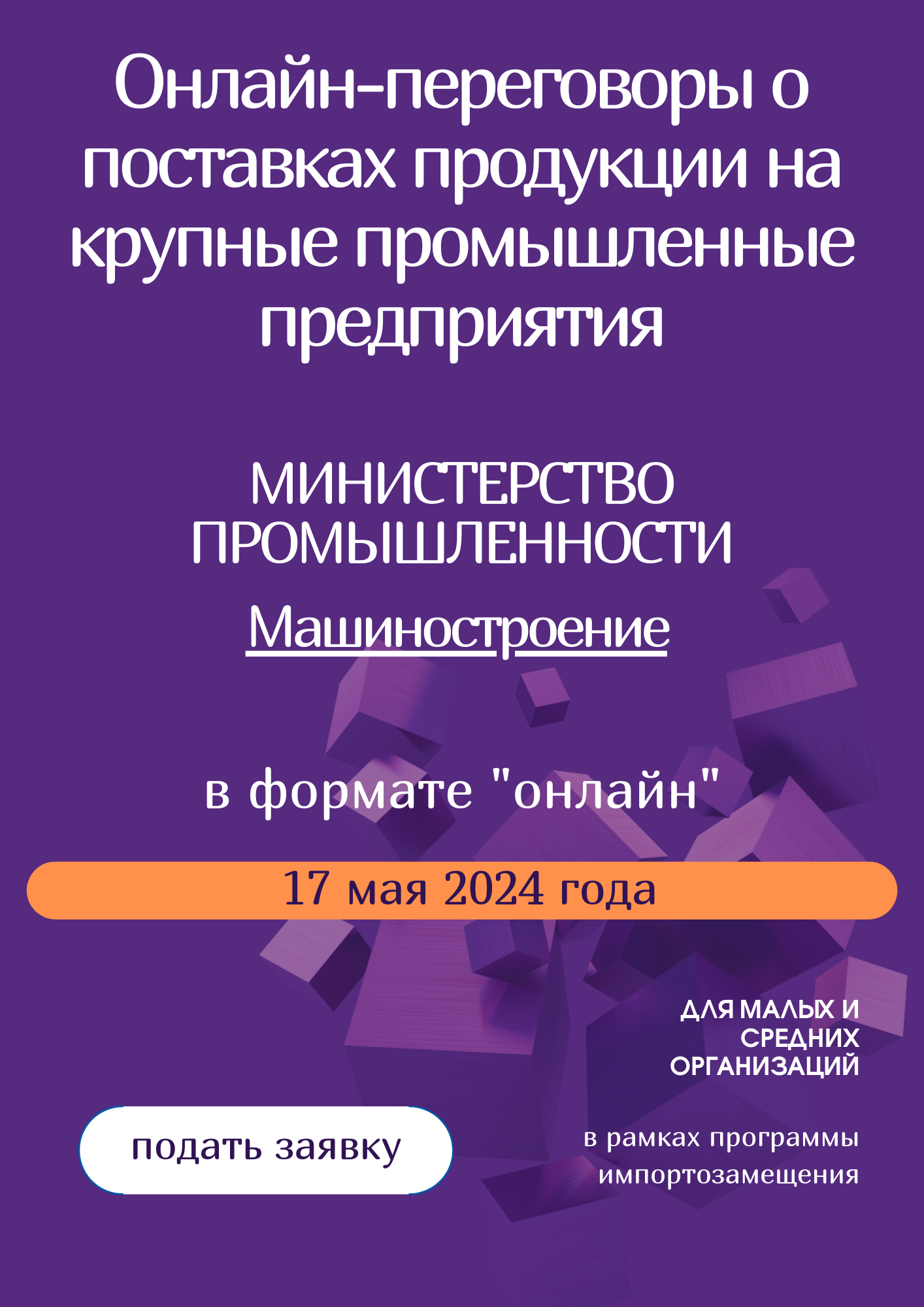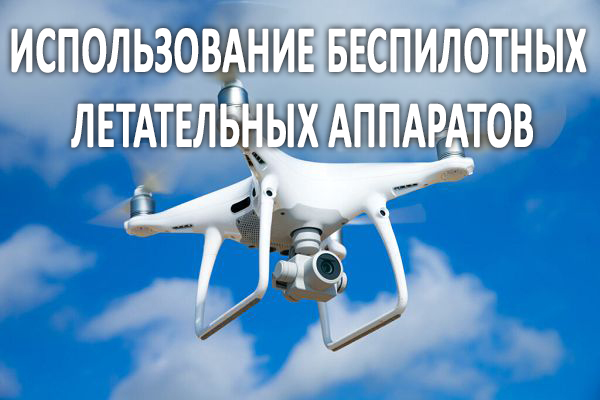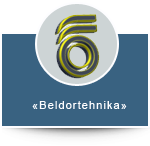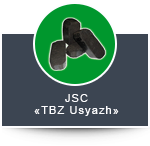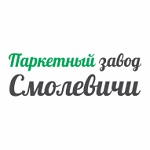ADDRESS:
222201, Minsk region,
Smolevichi, st. Sovetskaya, 125 (working hours)
Reception phone: +375 (1776) 4-42-91 "hot line"
Fax: +375 (1776) 2-76-33
Telephone "hot line" of the district executive committee: +375 (1776) 4-42-91 "hot line"
The "hot line" of the Municipal Unitary Enterprise "Smolevichskoe Housing and Public Utilities" is open from 8.00 to 13.00 and 14.00 to 17.00 Monday-Friday by phone +375 (1776) 2-73-68
Single number of reference service "one window" - 142
E-MAIL: isp@smolevichi.gov.by (for business correspondence), the section "Electronic Appeals" for appeals from citizens and legal entities.
user1
Belarus-China trade expected to continue growing

Mutual trade between Belarus and China will increase this year, Ambassador Extraordinary and Plenipotentiary of Belarus to China Yuri Senko told the media following a meeting with the head of state to discuss modern foreign policy priorities, BelTA has learned., BelTA has learned.
The ambassador stressed that China has become the second largest partner of Belarus in terms of exports, ahead of Ukraine (Russia is first in terms of exports). "We are convinced that mutual trade will increase, there are absolutely no obstacles or constraining factors to that," Ambassador Yuri Senko emphasized.
According to him, the indicators of mutual trade are encouraging this year. It has grown even compared to the pre-pandemic 2019. "In H1 of this year, Belarusian exports to China reached $450 million," the ambassador said. "Even against the difficult pandemic 2020, the trade between our countries posted a 9.4% growth, amounting to a total of $777 million."
“China knows Belarus, Belarusian products and goods. China buys them eagerly. Sometimes Belarusian exporters are weary of long logistics, difficulty with delivery, mutual settlements,” said Ambassador Yuri Senko. “But the enterprises that have built relations with Chinese partners are increasing volumes. We see this in the statistics and provide every assistance to make sure the trade grows even faster."
Source: БелТА
Belarus embarks on mass harvesting of grain

Mass harvesting of grain and leguminous crops has kicked off in Belarus, BelTA learned from the press service of the Agriculture and Food Ministry.
As of 19 July, 119,300 hectares of grain and leguminous crops (excluding corn, buckwheat, millet) were harvested, or almost 5.6% of the plan. In the lead are Brest Oblast (42,900 hectares or 12.7%) and Gomel Oblast (33,800 hectares or 9.71%). They are followed by Minsk Oblast (21,700 hectares or 4.55%), Grodno Oblast (13,100 hectares or 4.19%), Vitebsk Oblast (4,710 hectares or 1.4%), and Mogilev Oblast (3,160 hectares or almost 1%).
All in all, 417,000 tonnes of grain were threshed, the yield stood at 34.9 centners per hectare.
Source: БелТА
Belarus' GDP up 3.3% in H1 2021

In H1 2021, Belarus' GDP grew by 3.3% over the same period of 2020, BelTA learned from the National Statistical Committee of Belarus.
According to initial estimates, the GDP amounted to Br78.9 billion in current prices, up by 3.3% in comparable prices year-on-year.
In the first half of 2021, the GDP deflator index equaled 115.7% as against the same period of 2020.
Source: БелТА
Lukashenko: Slavianski Bazaar is one of the symbols of the rise of independent Belarus

Slavianski Bazaar has become one of the symbols of the formation of independent Belarus, Belarusian President Aleksandr Lukashenko said at the opening ceremony of the 30th edition of the International Festival of Arts Slavianski Bazaar in Vitebsk on 15 July, BelTA has learned.
“For Belarusians, the festival has become one of the symbols of the formation of an independent state. Indeed, we had difficult times. But we retained Slavianski Bazaar. And despite all the difficulties, the festival went on,” Aleksandr Lukashenko said.
The president stated that a whole generation of Belarusians grew up together with the festival, the event took root in the land that can rightfully be called the cradle of Belarusian national culture. “The Vitebsk land, the birthplace of Chagall, Pen, Azgur, Bykov and Fradkin, has become a big draw for creative people in the 21st century,” the head of state said.
Aleksandr Lukashenko noted that today the festival in Vitebsk is a very reputable international competition of performing arts. “I would like to emphasize that this is a competition of singing skills, and not of show technologies to boost one's image and ego. The festival runs in the name of people, friendship and unity, because nations are strong and can overcome any obstacles only when they stand together. And no matter how hard some people lay themselves out criticizing the state support and my personal support of Slavianski Bazaar, we defended it and never regretted that we hold this wonderful festival every year,” the president said.
Source: БелТА
Report on Union State advantages, prospects presented
Representatives of the expert community of Belarus and Russia presented an analytical report "The Union State of Belarus and Russia: Results for Citizens and Prospects" during a video conference between Minsk and Moscow on 14 July, BelTA has learned.

The report was authored by 16 leading experts from Belarus and Russia: political scientists, economists, lawyers, sociologists, historians. It was made on a parity basis: eight specialists from each country. The report is divided into 10 thematic sections, ranging from the rights of citizens to the section "Society and Youth".
“The report contains expert assessments and recommendations on key areas of cooperation between Belarus and Russia both in a bilateral format and in the Union State and the Eurasian Economic Union,” Vyacheslav Sutyrin, vice rector of the Russian State Academic University for the Humanities, said during the video conference. “The analysis has shown that the integration yields tangible results not only for the economies of our countries, but primarily for our people, contributing to well-being, employment, and living standards."
Vyacheslav Sutyrin presented the main theses of the report. "First, Belarusian and Russian economists came to the conclusion that the Russian market, despite the pandemic, is a reliable basis for the development of the Belarusian economy," he said. Vyacheslav Sutyrin noted that in 2020, Belarus was among the three key trading partners of Russia, yielding only to China and Germany.
"The time is ripe for us to introduce the Union State citizenship, which would not abolish the citizenship of the two countries. For example, an ID card could expand freedom of movement amid the pandemic, facilitate access to employment and electronic digital public services," he continued. “It is important to align approaches in tax and customs administration. According to the authors of the report, the sanctions wars with the West will drag on. In view of this, the countries should work out a set of appropriate measures, including creating a system of non-cash transactions and payments. The agenda also includes increasing shipments of Belarusian cargo through Russian Baltic Sea ports and other matters,” he added.
“The report does not aim to prove the value of the Belarusian-Russian integration in general: the importance of any regional integration has already become obvious,” said Aleksei Gromyko, Director of the Institute of Europe of the Russian Academy of Sciences, Chairman of the Andrei Gromyko Association for Foreign Policy Studies. “Our goal is to find the most important aspects in every integration process: specific results and useful outcomes of this integration, its attractiveness for citizens,” he pointed out.
According to Aleksei Gromyko, the European Union's example shows that integration can be successful, but citizens might still not associate certain benefits they have with integration, although these benefits can directly or indirectly result from such integration. “We wanted to accomplish two goals: to find strengths and weaknesses of the Russian-Belarusian integration and to suggest ways to improve this process,” he stressed.
“The recommendations set forth in this report will be guidelines for government agencies and the parliaments. They will lay the groundwork for future integration projects,” said Andrei Rusakovich, Deputy Chairman of the International Affairs and National Security Commission of the Council of the Republic of the National Assembly of Belarus.
The report is available to the public of the two countries. It has also been sent to the Belarusian and Russian mass media outlets.
Source: БелТА
SITE DEVELOPMENT - UE «MINSKAYA VOLNA» | INFORMATION SUPPORT UE Information agency «MINSKAYA PRAVDA»








